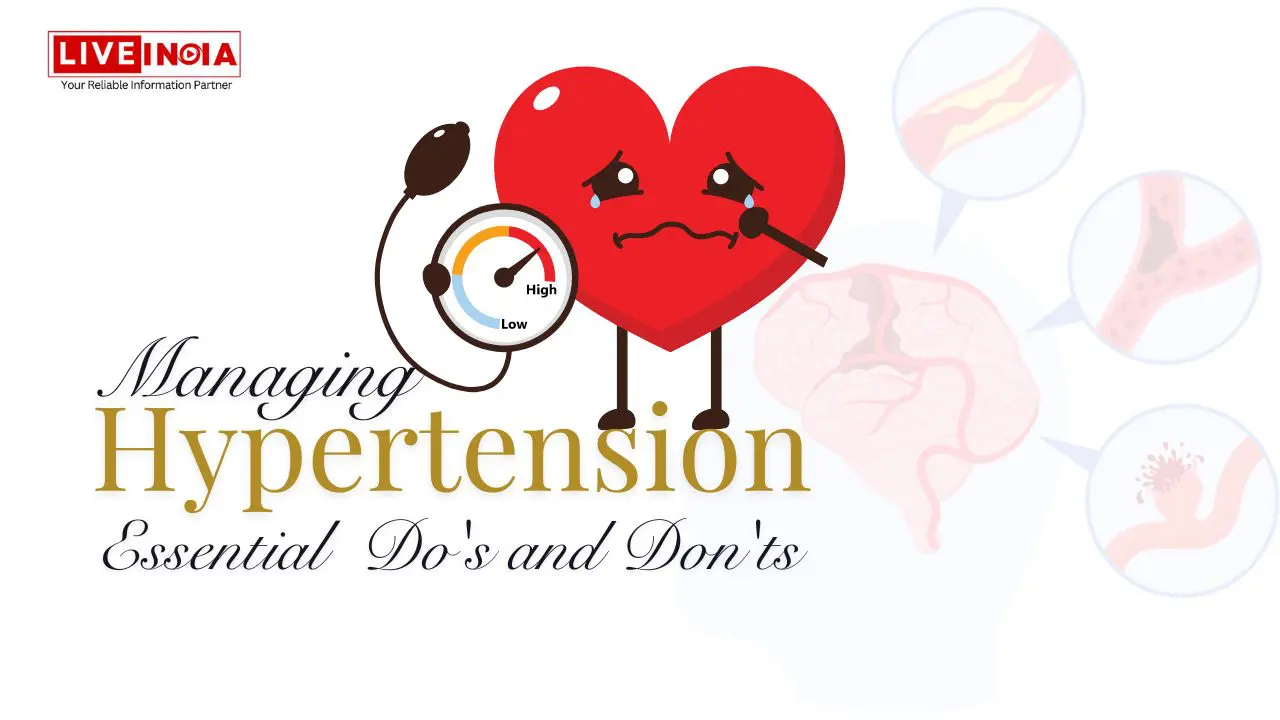
Managing Hypertension: Essential Do's and Don'ts
Hypertension, commonly known as high blood pressure, is a medical condition where the blood pressure in the arteries is persistently elevated. Blood pressure is measured using two numbers: the systolic pressure (the higher number) represents the pressure in the arteries as the heart beats and pushes blood through them, while the diastolic pressure (the lower number) represents the pressure when the heart is at rest between beats.
Here’s a brief overview of what the numbers mean in the context of blood pressure measurements:
Hypertension is significant because it forces the heart to work harder than normal to circulate blood through the blood vessels, which can lead to damaged arteries and organs over time. It’s often called the “silent killer” because it typically has no symptoms until serious damage is done, making regular monitoring crucial. Common risk factors include genetics, obesity, lack of physical activity, tobacco use, excessive salt in the diet, alcohol consumption, and stress. Managing hypertension usually involves lifestyle changes, medication, or a combination of both, depending on the severity.
Some Do’s and Dont’s as suggested by Doctors
After the massive success of Dhurandhar, fans have been eagerly awaiting its sequel. Titled Dhurandhar:…
The first total lunar eclipse (Chandra Grahan) of 2026 will occur on March 3, 2026,…
Prime Minister Narendra Modi and Canadian Prime Minister Mark J Carney on Monday reaffirmed their…
Amid intensifying tensions in the Middle East, unverified claims have surfaced regarding the reported death…
Following India’s dramatic five-wicket victory over the West Indies at Eden Gardens, veteran Congress leader…
Renowned lyricist and screenwriter Javed Akhtar has issued a stinging critique of U.S. President Donald…